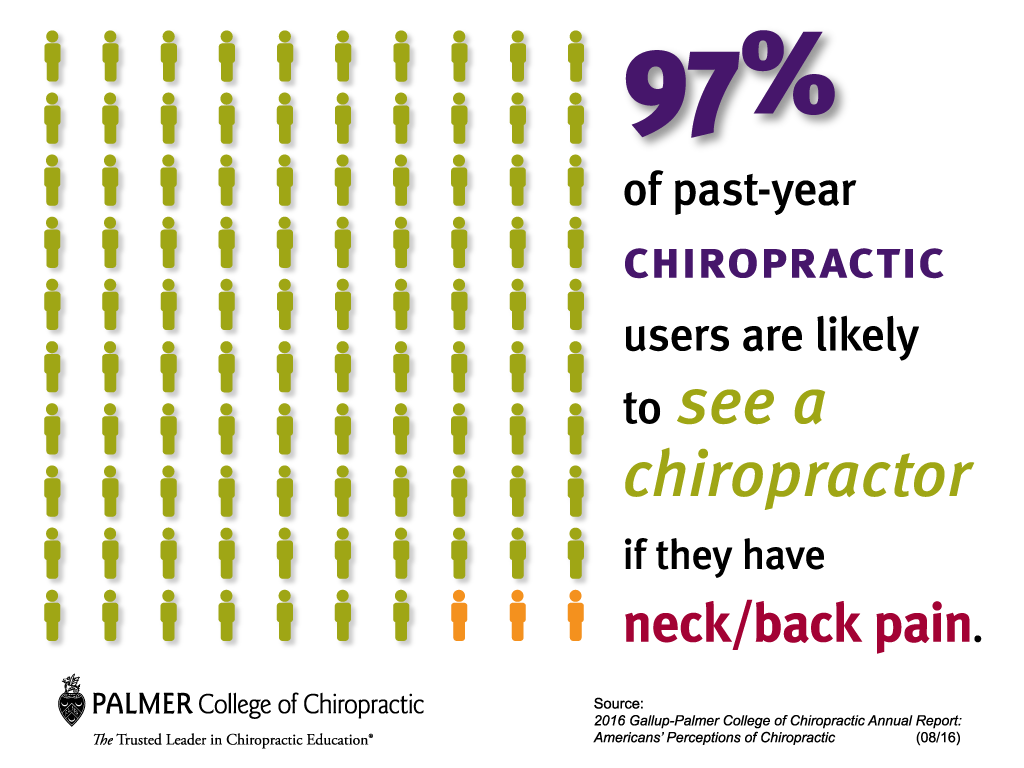When it involves handling your pain in the back, the food selections you make can significantly impact exactly how you feel daily. Think of being able to reduce your pain just by changing what you consume. By comprehending the role of nutrition in pain in the back management and recognizing which foods to integrate or stay away from, you can take aggressive actions towards a much healthier and more comfortable way of living. The connection between nutrition and back wellness is a lot more extensive than you may recognize-- let's check out how particular foods can either calm or worsen your pain in the back.
Importance of Nutrition in Back Pain
Nourishment plays an important duty in managing pain in the back. Your diet plan can considerably affect swelling levels and general discomfort degrees in your back. Consuming a balanced diet regimen abundant in nutrients like vitamins D and K, calcium, magnesium, and omega-3 fatty acids can help in reducing swelling and reinforce bones, which are important for back health and wellness.
In addition, maintaining a healthy and balanced weight through proper nourishment can minimize stress and anxiety on your spinal column, minimizing the threat of pain in the back.
Additionally, specific nutrients like anti-oxidants found in vegetables and fruits can aid combat oxidative stress and advertise healing in the body, including the back muscles and back.
On the other hand, taking in extreme amounts of refined foods, sugary drinks, and undesirable fats can contribute to swelling and weight gain, intensifying back pain.
Foods to Eat for Back Wellness
To sustain a healthy and balanced back, including nutrient-rich foods right into your day-to-day dishes is crucial. Consisting of foods high in antioxidants like berries, spinach, and kale can help reduce swelling in your back, alleviating discomfort and pain. https://chiropracticspecialtyclin73950.blogunok.com/31429633/checking-out-the-history-of-chiropractic-care-medication-from-old-methods-to-modern-practices -3 fats located in fatty fish such as salmon and mackerel have anti-inflammatory buildings that can benefit your back wellness.
In addition, taking in nuts and seeds like almonds, walnuts, and chia seeds offers essential nutrients like magnesium and vitamin E, which support muscle mass function and decrease oxidative stress and anxiety. Incorporating lean healthy proteins such as poultry, turkey, and tofu can help in muscle mass repair and upkeep, advertising a solid back.
Don't neglect to include dairy products or fortified plant-based options for calcium to sustain bone health and wellness. Lastly, moisten with lots of water to maintain your back discs moisturized and functioning efficiently. By consisting of these nutrient-dense foods in your diet plan, you can nourish your back and assistance general spine wellness.
Foods to Avoid for Pain In The Back
Go with staying clear of refined foods high in sugarcoated and trans fats when looking for relief from pain in the back. https://www.somersetcountycc.co.uk/news/first-xi/paul-thorpe-spinal-surgery-renew-tom-sponsorship/ of foods can contribute to swelling in the body, which might aggravate pain in the back. Say no to Read This method treats sweet, breads, and sweet beverages, as well as junk food things like hamburgers, french fries, and fried chicken that are typically filled with trans fats.
Furthermore, steer clear of foods including high degrees of refined carbohydrates, such as white bread, pasta, and pastries, as they can increase blood sugar levels and potentially aggravate swelling in the body.
It's also a good idea to limit your intake of foods high in saturated fats, like red meat and full-fat milk products, as they can add to inflammation. Processed foods like delicatessens meats, chips, and packaged treats are frequently high in saturated fats and should be consumed in small amounts.
Final thought
In conclusion, paying attention to your diet plan and making clever food options can have a considerable impact on managing back pain. By including nutrient-rich foods like berries, fatty fish, nuts, and lean proteins, and staying clear of processed and sweet things, you can help reduce swelling and support in general back health and wellness. Keep in mind, what you eat plays a critical function in just how you feel, so see to it to prioritize your nutrition for a healthier back.
